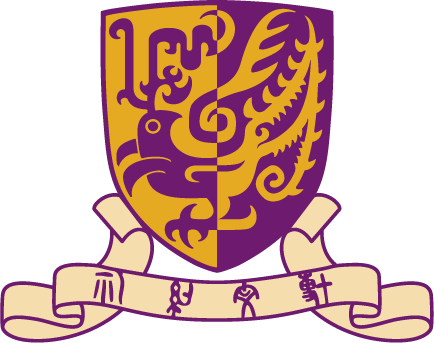Desired Learning Outcomes for Environmental Science Graduates
|
Upon completing the program, our students are able to advance in their studies and careers, and are able to:
|
1. Knowledge Outcomes
- Students possess the basic knowledge of related subjects, i.e. ecology, biodiversity, conservation, biochemistry and metabolism, toxicology and health, environmental chemistry and instrumental techniques for chemical analysis.
- Students possess inter-disciplinary knowledge of related subjects, i.e. environmental management and pollution control, environmental impact assessments, concepts of molecular actions of chemicals, chemical techniques for environmental analyses.
- Students possess specialized understanding of related subjects or particular field of study in one of the following subjects: environmental biotechnology, marine environmental research, ecology and conservation biology, toxicology and health, chemical treatment and environmental chemistry.
- Students are able to use scientific approach and principles to understand environmental issues and propose solutions to tackle these issues.
2. Skills Outcomes
- Students are able to collect representative samples through field study and operate instruments for chemical analysis of environmental samples.
- Students are able apply knowledge to the field of environmental control, conservation and protection of biodiversity.
- Students are able to orally communicate with others in an effective manner
- Students are able to orally communicate with others in an effective manner
- Students are able to collect and analyze data, with adequate information technology skills, and draw conclusions from them.
- Students are able to communicate effectively in written format and formulate relevant hypothesis for problem solving in complex issues.
3. Attitude/Value Outcomes
- Students are able to critically analyze information collected from the internet and literature reviews to draw appropriate conclusions.
- Students are able to design scientific experiments to test formulated hypothesis and draw appropriate conclusions.
- Students are aware of current environmental issues are able to assess and criticize these issues in a logical manner, showing analytical skills for problem solving.
- Students have a passion for transferring a sense of environmental protection to the general public and providing new thoughts and creative or innovative ideas from existing information.
- Students are able to work independently and also in a team, as a leader or regular group members, to tackle environmental problems.
- Students are able to adapt to the changing socio-economical, and research environments by constantly up-grading themselves.
Undergraduate Programme
Programme Structure for students admitted in 2017-18 and thereafter![]()





